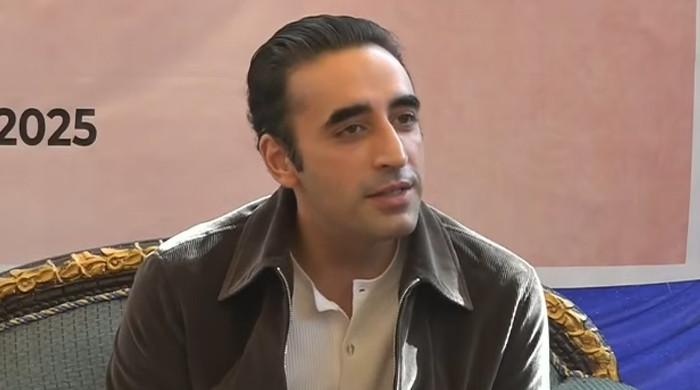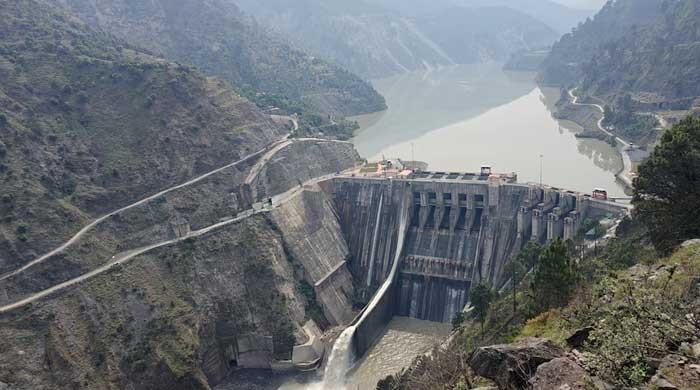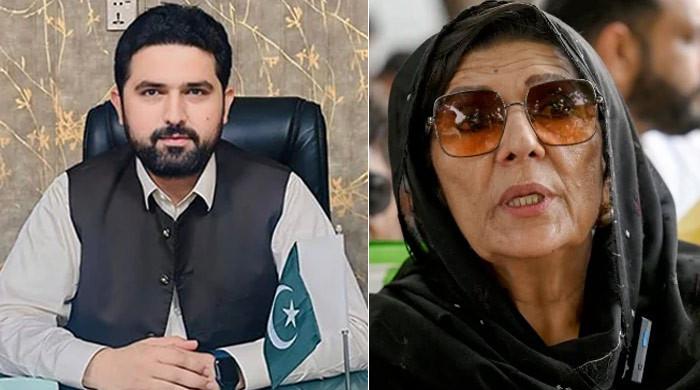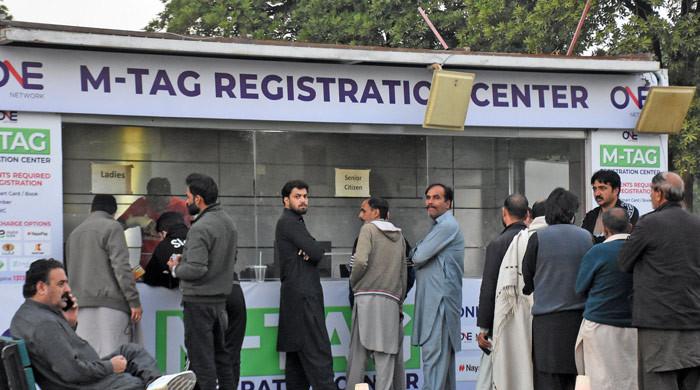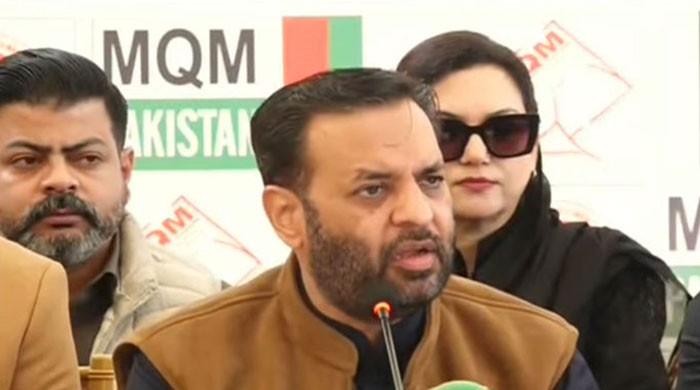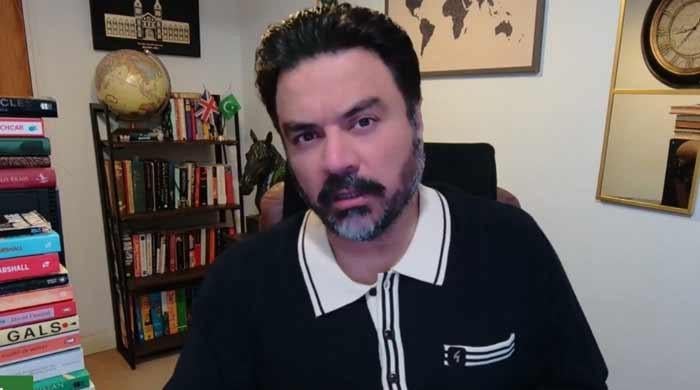Legal experts weigh in on Supreme Court's poll date verdict
Advocate Muhammad Ahmad Pansota says being the ultimate arbiter of this country, the Supreme Court has finally interpreted the Constitution
March 01, 2023

The Supreme Court, after conducting a two-day-long hearing on the suo motu notice related to the announcement of the date of elections in Punjab and Khyber Pakhtunkhwa, said that polls should be held within 90 days.
The split verdict was announced by Chief Justice Umar Ata Bandial today.
A five-member bench headed by CJP Bandial and comprising Justice Munib Akhtar, Justice Muhammad Ali Mazhar, Justice Mansoor Ali Shah, and Justice Jamal Mandokhail reserved the verdict after conducting hearings for two consecutive days — Monday to Tuesday.
Two bench members — Justice Mandokhail and Justice Shah — objected to the admissibility of the pleas.
'Judgement affirms clear command of Constitution'
— Lawyer Salaar Khan
Today’s judgement largely affirms the clear command of the Constitution: elections must be held within 90 days. To this extent, it validates the earlier judgement of the Lahore High Court. It is, however, important to note that the Supreme Court has allowed the ECP to propose a date that may deviate “to the barest minimum” from 90 days. Enforcement, in either case, is another matter — as it was after the judgement of the Lahore High Court.
At the same time, the matter composition of the original bench may continue to cast a shadow. The two dissenting judges have, in their separate order, held that before 'disassociat[ing]' themselves, Justices Afridi and Minallah first "decided the matter by dismissing the petitions", and that their decisions "form part of the record of this case". This, at the very least, calls into question who forms the majority, and what they really held.
'True saviours'
— Advocate Muhammad Ahmad Pansota
I think it's a fantastic decision and I strongly welcome this decision as a legal analyst and as a lawyer in this country. I personally feel that the Supreme Court of Pakistan has upheld the Constitution.
Being the ultimate arbiter of this country, they have finally interpreted the Constitution, in fact, there was hardly anything to interpret there, but still, they acted as true saviours and directed the Election Commission and all other institutions to do what they were legally obliged to do, otherwise, it was merely obvious that they were stating. So it is tantamount to stating the obvious, but this obviously had to be stated for these institutions to kick in and start working.
So I strongly welcome this decision and I think it's a great step forward. Also, as far as the dissent is concerned, it is also very important for Supreme Court to have a dissenting opinion and [...] a Supreme Court, where all judges think alike, is not the best of Supreme Courts for me at least. So if there is dissent, that should also be welcomed.
'Further confusion and uncertainty'
— Advocate Reza Ali
At the outset, it may lead to further confusion and uncertainty because what was supposed to be an open and shut case with respect to the election in 90 days has now led to a little bit of controversy so far that the Supreme Court in paragraph 14 of the verdict has that it may not be possible for the Election Commission of Pakistan to hold elections in 90 days so they should choose a date which is a minimum possible deviation from the 90 days period.
Now is a kind of deviation from the Constitution itself and whether the ECP chooses a date after advice from the governor and the president is something that's totally subjective. They can feel that the deviation is three months or six months or even two months so that is going to lead to some kind of issue.
Furthermore, the government is trying to spin this as a 4-3 verdict and I don't agree with that personally. I think it is a clear-cut 3-2 verdict because the other dissenting judges recused themselves from the bench so their verdict doesn't really matter, it doesn't count. So it is a 3-2 majority but that particular paragraph 14 is going to lead to further uncertainty in the system.




